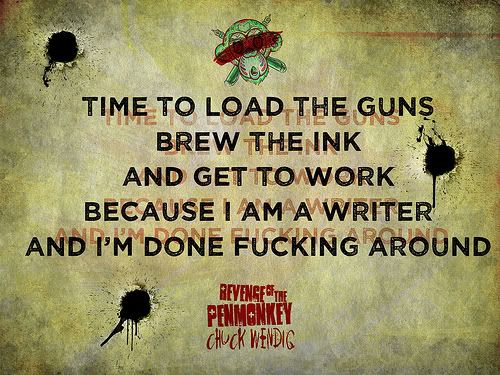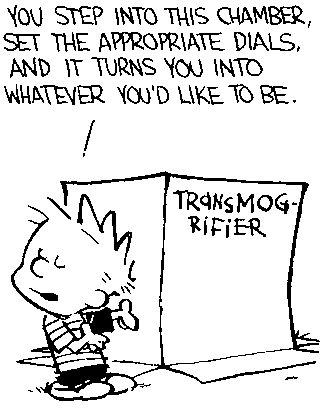This is a rough time of year for me. Doubly so this year. In lieu of the usual writerly advice, here’s a tidbit plucked from a NaNoWriMo of yesteryear. Please to enjoy.

Staring the month with a little advice.
So NaNoWriMo is beginning and a lot of you out there are taking freshly-sharpened pencils to blank pages. This next month is going to be full of inspiration, frustration, erasures, crossed-out words, broken tips and lots of caffeinated beverages.
I wish you the best of luck.
Related to last week’s post on showing instead of telling, I wanted to touch on something that came up in a recent edit. This will not apply to everything, mostly genre works or those rooted in history. And as with any writing advice, you may find it useful or you might not. But here it is.
You’ll want to show your audience the details in your work, without showing off how much you know.
If you’ve done a lot of world-building behind the scenes, chances are you’re practically busting at the seams to invite people into that new world. And in doing so, you want to show off all the neat stuff you have going on, from the retrograde rotation of the planet to the native people who are a cross between the Na’vi, red pandas and baby seals. That’s fine, but if you front-load your story with long passages on the world’s ecosystem and fauna, you’re committed the aforementioned cardinal sin: you are telling, not showing.
It’s similar with historical works. If you want to do it right, you’ve done a lot of research. You want to make sure that history buffs don’t tear your work to ribbons and ignore the thrust of your narrative because you made the sash worn by the second-in-command to the regional commandant the wrong color. If your audience might obsess over the details, it’s to your benefit to do the same, but not necessarily to the detriment of showing over telling.
Here, as with other expository writing, action and dialog will once again come to your rescue. It may take a little narrative positioning, but you can adjust your characters and their conversations in such a way as to convey the facts without taking away from the story. Don’t just describe the historically accurate landscape, do so through the eyes of character seeing it for the first time, or perhaps who has seen it one time too many. It’s one thing to put down the inner workings of your semi-magical difference engine on paper, it’s another to have a scruffy engineer explain things to a wet-behind-the-ears physics wizard while banging on the thing with a wrench. So on and so forth.
I hope other writers will find this sort of thing useful as NaNoWriMo begins. For them, and perhaps for you, this is the beginning of a grand adventure that may open the doors to a brand new way of conveying ideas and fleshing out dreams, and that’s wonderful.
For me, it’s Tuesday.






